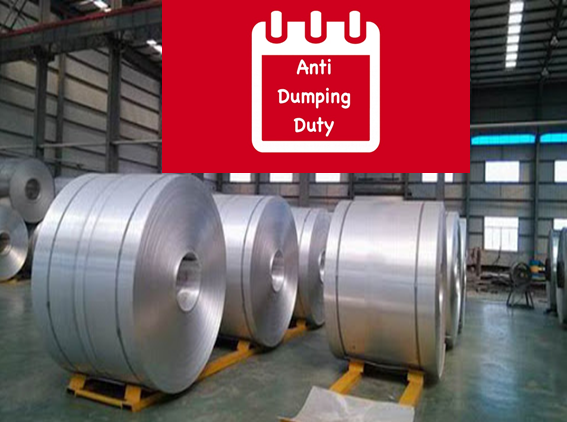

The Directorate General of Trade Remedies (DGTR) of India has endorsed imposing anti-dumping duty on aluminium foils imports from China, Malaysia, Thailand and Indonesia to counterbalance the dent created to domestic industry from cheaper imports.

The finance ministry of India has been recommended by DGTR to impose anti-dumping duty of $93.53-$976.99 per tonne on foil, following a year-long investigation. The complaints were filed by Hindalco Industries Ltd, Raviraj Foils Ltd and Jindal India Ltd about the dumping of aluminium foil of 80 microns and below in FY20.
However, DGTR disbands the suggestion that Raviraj and Jindal India are importing aluminium foil stock and hence cannot claim the status of domestic industry. It did not incorporate foil stock as a separate anti-dumping investigation concerning dumped imports of foil stock is being undertaken.

The opposing parties comprised the domestic users, claimed: “Aluminium foil is an eco-friendly alternative to the plastic bag and the imposition of anti-dumping duty would worsen the demand-supply gap for the subject goods.”
“No ADD (anti-dumping duty) should be recommended on the PUC (product under consideration) as domestic suppliers would increase the foil price disproportionately, impacting the users heavily. The last ADD imposed on China PR for foils between 5.5 microns to 80 microns resulted in domestic suppliers increasing price from ₹35 to ₹40 per kg," they added.
The domestic aluminium foil producers clutched that imposition of anti-dumping duty will not affect the demand-supply gap. “Domestic industry has recently expanded capacity, and other producers will undertake expansions. The domestic capacity is sufficient to meet the demand of the country; thus, there is no question of demand-supply gap," they submitted.
DGTR synchronized with the domestic producers, considering that the anti-dumping law resolves to develop a level-playing field for production and consumption of the goods in the Indian market.
“The imposition of ADD does not create a situation of monopoly as the imports from other suppliers, including those from the subject countries, are not prevented from competing in the Indian market," it added.
Presently, India stands as the biggest imposer of anti-dumping measures among World Trade Organization (WTO) members.



Responses






